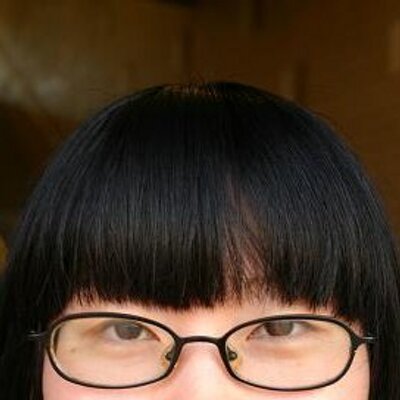“Opera is not park-and-bark anymore,” says Claire de Sévigné, a 22-year-old soprano and aspiring diva. “It’s not just a singer standing on a stage. There’s more musical theatre, more movement, dancing, drama. That’s good for this generation of audiences: they want to see more flash, more action.”
The key word here is “more.” Opera has existed for more than 400 years, but today’s singers are finding that they must add to their arsenal of skills to attract audiences accustomed to more modern forms of entertainment. “When I’m filling out applications, they’re always asking me, ‘What’s your dramatic background, what’s your dancing background.’ I’m like, ‘I just want to sing opera!’” says de Sévigné, who is in her second year of a master’s of music at U of T.
To gain experience, de Sévigné traveled to Europe in July with the Centre for Opera Studies in Italy, which offers advanced singers a four-week program in opera’s birthplace. As part of the program, de Sévigné performed in Sulmona, Italy, as Cleopatra in Handel’s Giulio Cesare. “It was challenging in Italy, because you can’t fake it,” she says. “You do a show and apply lessons you’ve been doing all day. I was doing everything in Italian.”
Darryl Edwards, the head of voice studies at U of T, created the opera in Italy program in 2007. He serves as its artistic director and holds auditions throughout Canada in October. Of 160 applicants this year, about 50 singers and pianists were selected. Program participants study with performers and coaches and take Italian classes at the International Language School, founded by Tania Puglielli (BA 1981 Victoria).
Italian is the premier language of opera, and participants are expected to put their language lessons to good use. “To sing an opera role, you have to know what every word means,” says Edwards. “Pronouncing the language is one skill, speaking it is another.”
And singing is yet another: opera is extremely demanding on a singer’s voice, in part because it’s important that it not sound the least bit strained. “You are your own microphone,” observes Edwards. “In pop singing often the style is to make the sound with the vocal cords hitting each other with little or no air behind them, because if you show how hard you’re working, you’re showing a lot of emotion,” Edwards said. “In opera the point is to show the ease of communication. It’s beautiful sound sustained over a long time.”
As for the fat-lady-singing stereotype, Edwards dismisses it. “The fittest singers are the ones who have the most reliable success. Pavarotti was a large man, but his first years were as a soccer player.”
Although opera is not a mass-market art form these days, Edwards is upbeat about the genre’s prospects. “Opera is becoming more diversified now, and there’s more of an opera-anywhere mentality,” he says, pointing to the success of the New York-based Metropolitan Opera’s simulcasts in movie theatres. “It’s becoming more accessible.”





